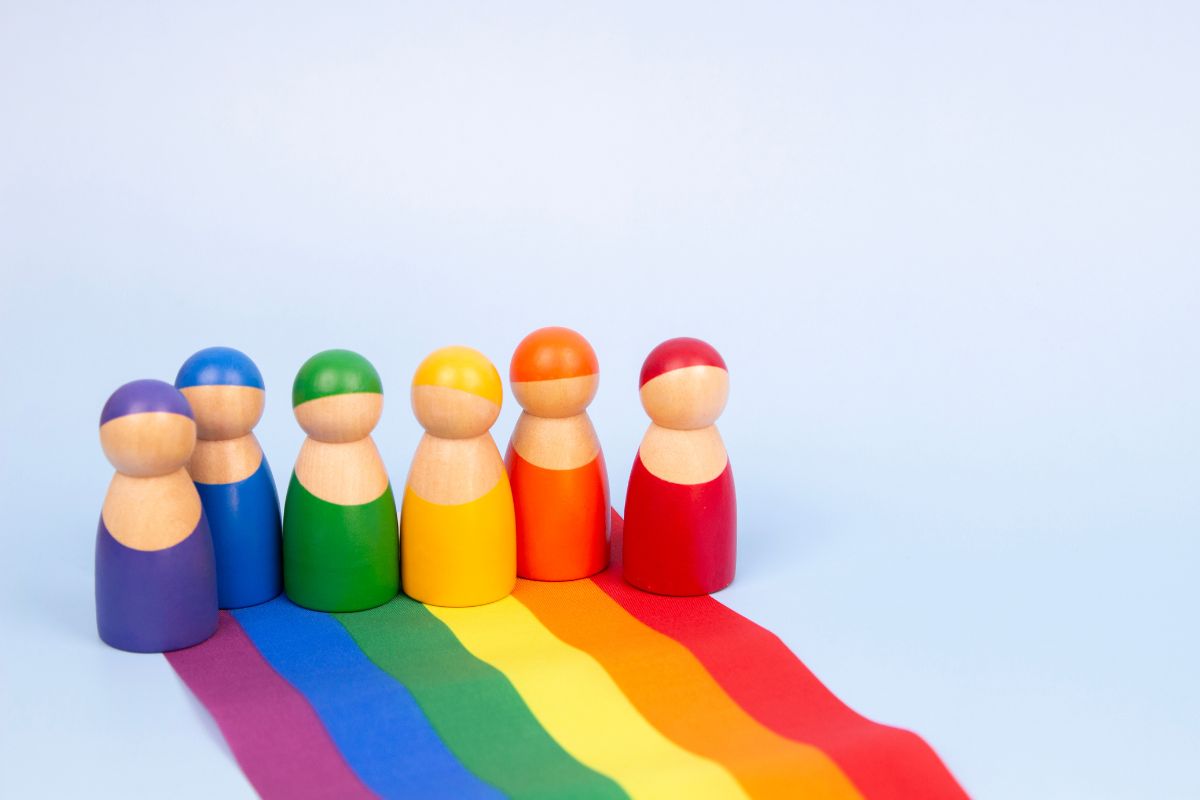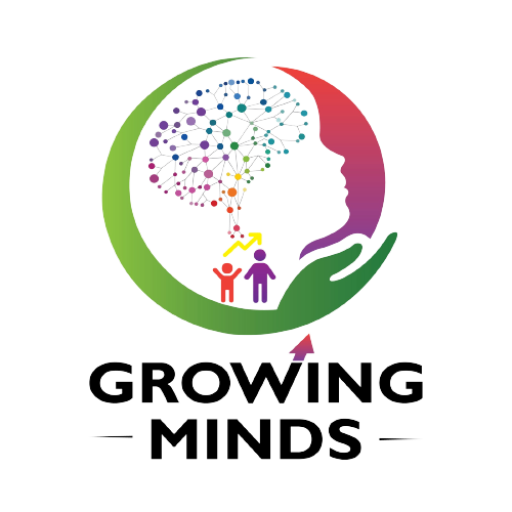LGBTQIA+
LGBTQ individuals are more than twice as likely as heterosexual men and women to have a mental health disorder in their lifetime. They are 2.5 times more likely to experience depression, anxiety, and substance misuse compared with heterosexual individuals.
Browse educational content specific or applicable to this patient population below:
A Guide for Working With Transgender and Gender Nonconforming Patients >
This introductory guide offers an array of topics that will be essential in understanding how to work with TGNC patients. It provides basic information to raise awareness of the needs of TGNC patients and how to incorporate gender-affirming care in psychiatric practices. This content is available for APA Members.
Best Practice Highlights: Working with LGBTQ Patients >
Learn more about working with LGBTQ patients, including demographics, significant history, best practices and disparities.
Intimate Partner Violence: A Guide for Psychiatrists Treating LGBTQ IPV Survivors >
LGBTQ IPV survivors face increased barriers to obtaining consistent access to culturally competent services. Without access to identity-affirming advocacy, intervention and other critical services, LGBTQ IPV survivors will continue to suffer from violence and adverse consequences of victimization.
Mental Health Facts for Bisexual Populations (.pdf) >
Research shows that bisexual individuals are at increased risk of adverse health outcomes compared with monosexual individuals. A significant contributor is stress that is related to stigma and discrimination.
Mental Health Facts for Gay Populations (.pdf) >
Gay men experience adverse mental health outcomes including mood disorders, substance use and suicide more frequently than heterosexual men. They also face additional barriers to accessing mental health treatment.
Mental Health Facts on Questioning/Queer Populations (.pdf) >
Like other minority groups, questioning and queer people are often misunderstood, overlooked, and underrepresented in the health care system and societal institutions.
Mental Health Facts for Lesbian, Gay, Bisexual, Transgender, Queer/Questioning (LGBTQ) (.pdf) >
LGBTQ individuals are more than twice as likely as heterosexual men and women to have a mental health disorder in their lifetime.
Stress & Trauma Toolkit for Treating LGBTQ in a Changing Political and Social Environment >

